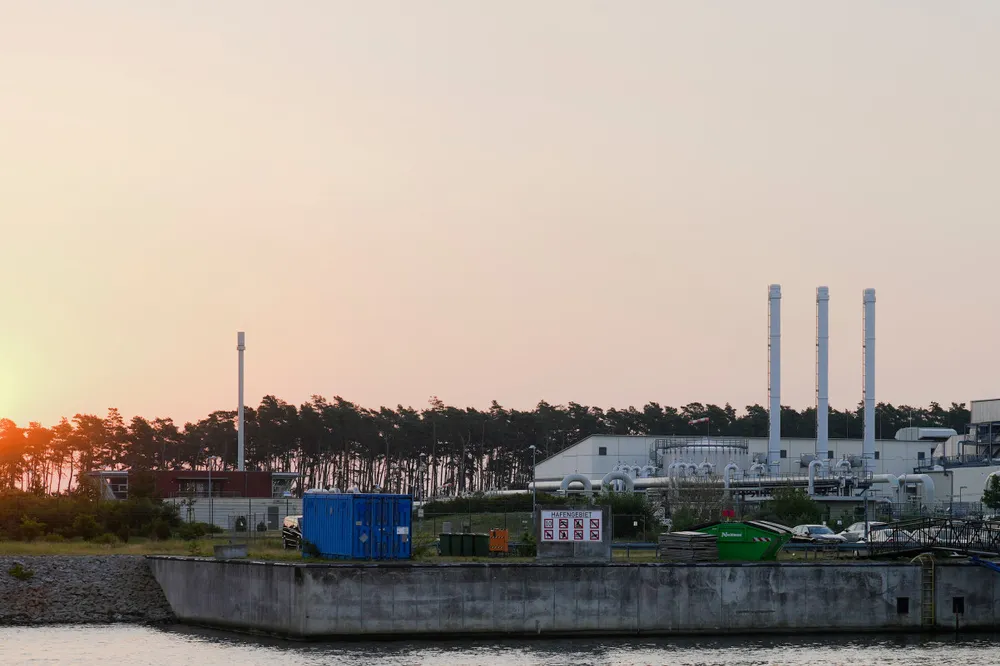Sweden says traces of explosives confirm Nord Stream sabotage
Prosecutors release an update on the investigation into accidents with Russian gas export pipelines to Germany as Russia interrupts its own site survey

Prosecutors release an update on the investigation into accidents with Russian gas export pipelines to Germany as Russia interrupts its own site survey
